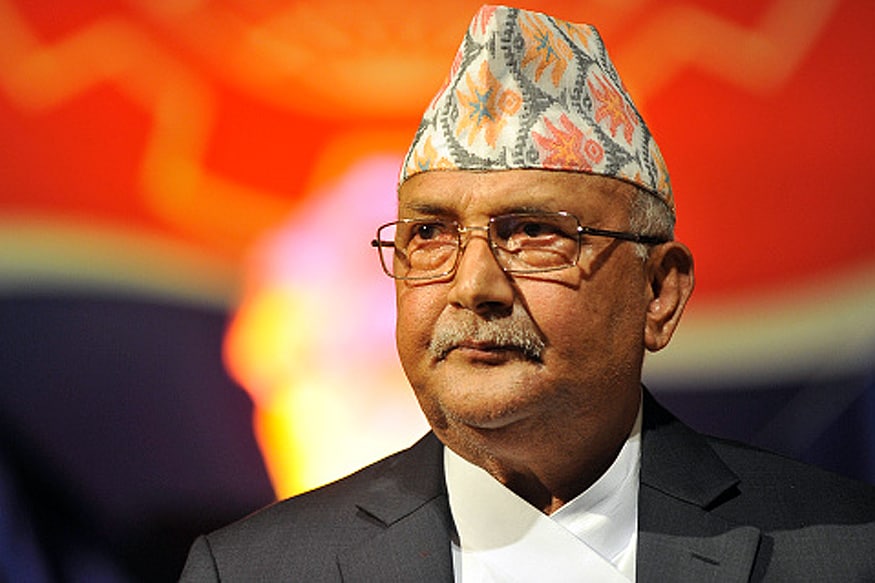Nepal’s Chinese puppet, Prime Minister KP Sharma Oli has already destroyed the strong bilateral relations between New Delhi and Kathmandu by ratcheting irredentism and showing India’s territories- Limpiyadhura, Lipulekh and Kalapani in Nepal’s revised political map. And now the Communist leader is hell-bent on irreparably damaging the people-to-people ties as well.
The two countries are culturally integrated and people in the bordering areas are connected by matrimonial bonds also. The ruling Nepal Communist Party has now struck directly at ‘roti-beti ka rishta’ by changing its citizenship laws for India. Now, any Indian woman marrying a Nepalese citizen will have to wait for seven years before acquiring Nepalese citizenship. The move has however, met stiff opposition.
This has further disillusioned Nepal’s Madhesis community, which already faces discrimination in the Nepalese society as opposed to the privileges enjoyed by the Nepalese citizens of the Himal region.
The Madhesis from the Terai region of Nepal commonly share cross-border kinship ties with India, especially in the state of Bihar. This stands jeopardised with the latest Amendment.
Nepal’s Home Minister Ram Bahadur Thapa unabashedly cited the Indian law to claim that if any foreign national marries an Indian citizen, he/ she has to wait for seven years before getting Indian citizenship.
What Thapa deliberately glossed over is the fact that this clause of the Indian citizenship law does not apply to Nepal.
This is a detestable move that KP Sharma Oli has made to strain the long-standing cultural ties between India and Nepal. The sheer volume of marriages taking place between Indian and Nepalese nationals is very high. Thus, while the Amendment applies to all foreigners, it is clear that it is primarily targeted at Indian women.
The move has met with political opposition, unlike the Constitutional Amendment incorporating the revised political map for which Oli was able to build consensus. The reason is simple- India and Nepal share far too much in common, and the Communists cannot be allowed to simply annihilate the common heritage.
Savita Giri, a Member of Nepal’s Parliament from Samajbadi Janta Party Nepal for instance was born and brought up in Bihar, and later she got married into an influential political family in Nepal’s Terai region.
The Amendment has met with opposition from several quarters, including the Opposition parties- the Nepali Congress and Samajbadi Janta Party Nepal, activists and NGOs.
They have called the move “regressive” and “discriminatory”, apart from being opposed to Nepal’s Constitution.
Most importantly, the move has created a heated debate within Nepal over the Madhesis issue. Madhesi leader Rajendra Mahto said, “We believe these changes will introduce uncertainty and tension in the society and families. Our political block and the Nepali Congress are together in opposing this amendment..”
Mahto added, “We are not asking for equality of naturalised citizenship for the foreign-born men who marry Nepalese women. They stand no chance. At least the foreign women who marry into Nepalese society should be treated fairly.”
Oli doesn’t understand that he is playing a very dangerous game. By pushing through the obnoxious Amendment, he has not only targeted Indian women, but he has further alienated the Madhesis.
How will turning Madhesis closer to India help Nepal? Ultimately, the Madhesis might feel the urge to demand greater autonomy because the present system threatens their cultural identity. Oli has already crossed the dangerous red line by trying to sever ‘roti-beti’ ties between Madhesis and India. If tomorrow, there is growing disillusionment or even separatism in Terai, the Nepal PM will have only himself to blame.
